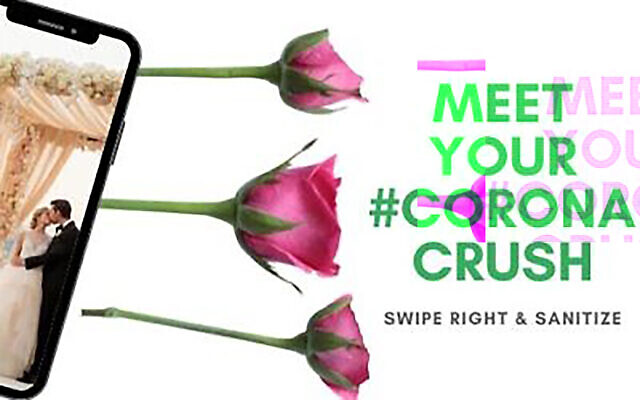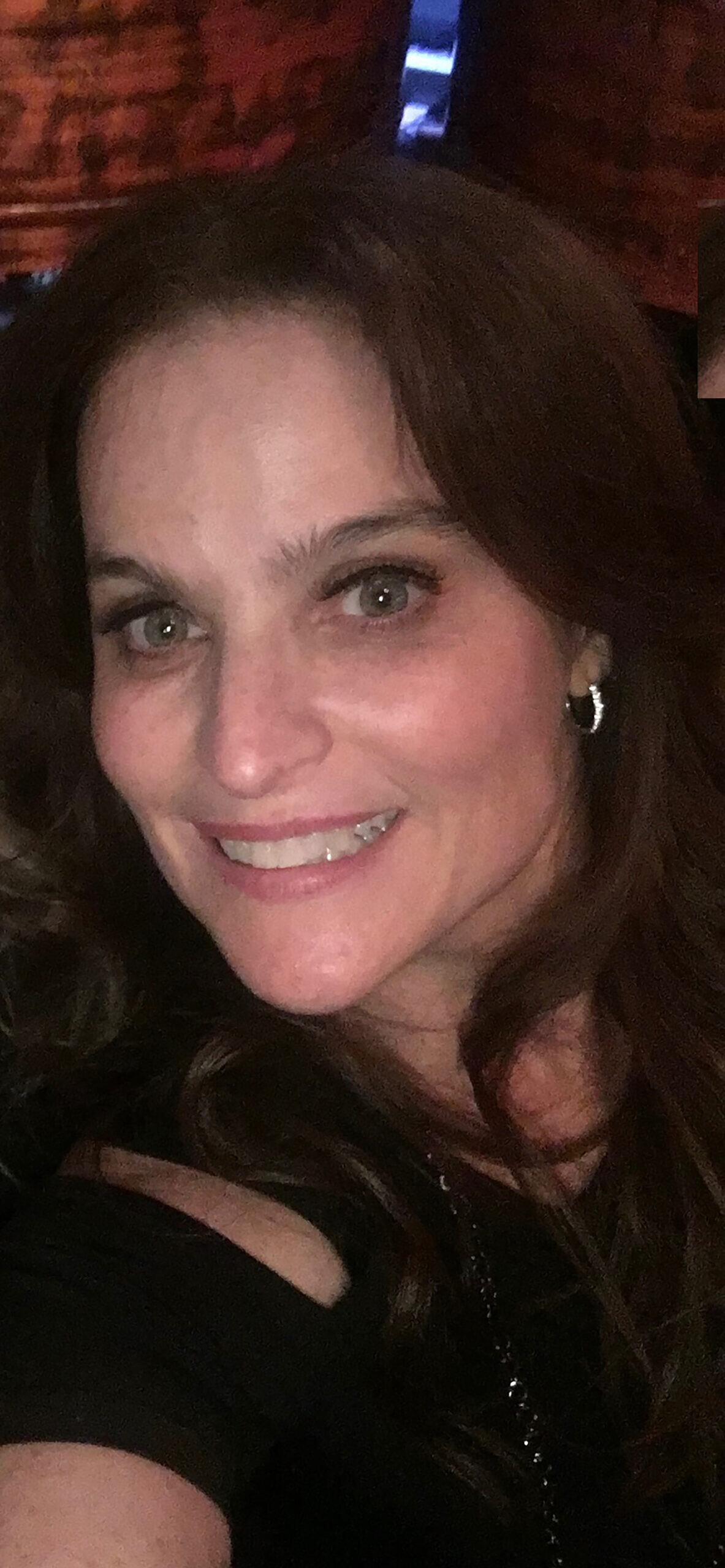Dating During COVID
While the pandemic has complicated dating, Jews are still looking to meet and have found creative means to do so.
Adapting to the socially distanced dating scene, Jewish singles are finding ways during the pandemic to meet and kick off romance.
Beth Friedman and Jenna Shulman began their matchmaking business, juLuv, as a passion project around seven years ago, and since then have stopped charging clients entirely. “We just do it to bring together more Jewish couples in the Atlanta area and promote Jewish longevity and Jewish children,” Friedman said. “I love helping people; I love connecting people.”
At the beginning of the pandemic, people stopped reaching out. But around April, people started contacting juLuv, asking to be matched up, saying they were feeling lonely and isolated. Since then, the database has grown to over 800 people. “We get new people every single day,” Friedman said.
To accommodate social distancing safety requirements, Friedman and Shulman asked people how they would feel meeting someone over FaceTime. Some people were hesitant about meeting others in public and agreed to speaking virtually, but most wanted to get out of the house and meet in person, Friedman said. They’ve suggested places for people to meet where they’ll be able to social distance.
“We’ve gotten a lot of interest. People really want to connect with other people and continue dating now more than ever,” she said. “We’ve had a lot of people going out on patios. Nobody wants to meet in a restaurant. People are open to meeting in a dog park, sitting by some water, bringing a bottle of wine.”
The age range of people in the juLuv database spans the early 20s through people in their 80s, with clients from all across metro Atlanta. The online form includes detailed questions about hobbies and interests, political views and Jewish practice so as to better match people with those who are compatible. “Any age, any stage,” Friedman said. She added that they currently don’t match gay couples, but only because there aren’t enough people in the database. “We would love to expand it.”
Friedman said they have a girl in her early 20s who really wants their help meeting someone. “She says she just trusts in the old-fashioned system. These people are tired of the apps,” she said. “These are people who want something serious. They want a long-term relationship; they’re looking for partners.” People have also become less picky during the pandemic, she said, and more open to meeting a wider variety of partners.
This socially distant dating situation is as close to traditional Jewish dating as you can get, Friedman said. “Basing it all on conversation and not intimacy. Because of the pandemic, you’re really focusing on getting to know them and talking about things you have in common and values.”
Marc Horvath, who runs the group Atlanta Jewish Singles 40s & 50s, previously averaged between five to eight events per month. These included dinners, trivia nights, and other social gatherings, attracting over 50 people at an event. “That went completely out the window with COVID.
He said there were many people who wanted to be social, but he decided against having in-person events for a while so he wouldn’t put his members at risk and switched to Zoom. There were activities such as virtual cooking classes and home scavenger hunts that allowed singles to meet and socialize safely.
Eventually, people really wanted to meet in person, so Horvath planned outdoor events that were relatively safe with small groups of fewer than 10 people. “That’s sort of where we’re at now. We had a peach-picking event this weekend; canoeing a few weeks ago. The group itself is trying to find a way to function in this environment. We just can’t do it the way we used to,” he said.
Some members have “come to appreciate online dating more than they did before,” Horvath said. “The friends I have spoken to who have gone that route have taken things much slower, spending more time on the phone or video.” Some first dates have been walks around the neighborhood instead of meeting over coffee.
Horvath said his group is keeping in touch as best as they can, and that a lot of people are looking forward to getting back together in person.
On the younger end of the spectrum, Jewish dating groups have popped up on social media during the pandemic in addition to online dating. The Facebook group MeetJew University Dating was founded by Aaron Raimi in response to colleges sending kids home, The Times of Israel reported. It has over 41,000 members filling out the 50-question survey and posting comedic personals about themselves and their friends to find their #CoronaCutie. There are even a couple of spinoffs due to the success of the group, catering to older post-grads and people just trying to make friends.
One 20-year-old college student named Jackie Abrams said she met a “really cute” guy through a Zoom meetup that was hosted by one of MeetJew University’s members. “Besides the fact that he’s cute and he’s Jewish, he’s also a stoner like me, which is important but not a defining characteristic. He’s smart, he’s pre-law,” she said.
CoronaCrush is another Facebook group that skews more religious and was co-founded by Ian Mark after he and his friends saw Raimi’s group. “Don’t isolate … it’s time to iso-date! Picture it now… your eyes meet across an empty room … and before you know it, you’re sanitizing hand in hand,” the tongue-in-cheek group description reads.
Mark told The Times of Israel the way MeetJew University was implementing its service, “it wasn’t only for Jews and it wasn’t for serious dating. It seemed like a lot of college kids posting bikini pictures and stuff like that, so we wanted it to be more wholesome and family values and serious dating-oriented.”









comments